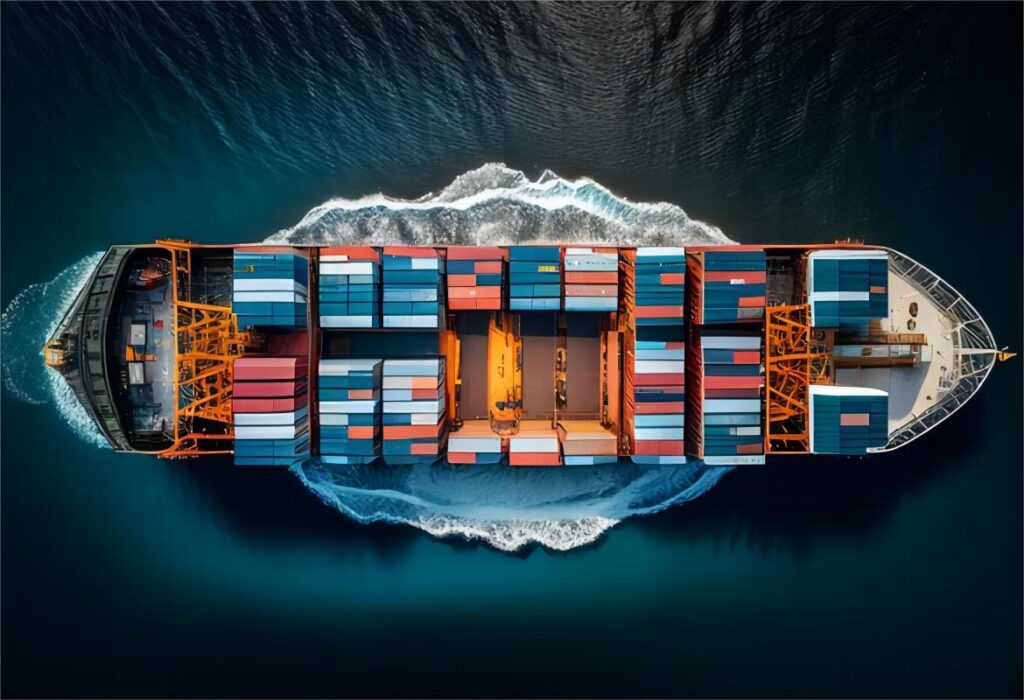When shipping from China to Germany, one of the key considerations for businesses is minimizing shipping costs, particularly taxes and duties. Understanding how to find low-tax shipping categories can make a significant difference in the overall cost of your shipments. In this guide, we will explore how to identify these categories, the importance of proper product sourcing, and tips on efficient shipping and handling to Germany.
How to Find Low-Tax Shipping Categories to Germany
Shipping goods from China to Germany involves navigating complex customs regulations, including taxes and duties. The European Union has specific import duty rates based on the type of products being shipped. To reduce these costs, it’s important to identify the appropriate shipping categories that attract lower taxes. Here’s how to go about it:
1. Understand the Harmonized System (HS) Code
The first step in identifying low-tax shipping categories is understanding the Harmonized System (HS) code of your products. The HS code is an internationally recognized classification system used to determine import duties and taxes. Certain categories of goods, such as those in the “foodstuffs,” “medicine,” or “low-value” categories, may be eligible for lower duty rates. Researching the specific HS code for your product can help you estimate the taxes you’ll incur.
2. Consider Low-Value Goods
For products with a value below a certain threshold, import duties and taxes may be significantly reduced or even waived. In Germany, goods valued below 150 EUR may be exempt from VAT (Value Added Tax) and customs duties, though this can vary by product category. This rule can be especially helpful for businesses shipping small or inexpensive items.
3. Optimize Shipping and Handling to Germany
Efficient shipping and handling to Germany also plays a vital role in reducing costs. By consolidating shipments or using express shipping options, businesses can avoid excessive handling fees and reduce overall shipping expenses. Work with reliable logistics partners who offer transparent pricing and optimize routes to avoid unnecessary delays.
4. Work with a Customs Broker for Accurate Classification
If you’re unsure about the classification of your product, consider working with a customs broker. A professional broker can ensure that your goods are classified correctly under the appropriate HS code, helping you avoid overpaying in duties or taxes. They can also help you navigate the complex paperwork involved in the shipping process.

People Also Ask (PAA)
1. How can I find low-tax shipping categories to Germany?
Research the Harmonized System (HS) codes for your products, as certain categories like food, medicine, or low-value goods may have lower duty rates. You can also work with a customs broker for guidance.
2. What is the role of HS codes in shipping from China to Germany?
HS codes classify goods for international trade and determine the applicable import duties and taxes. Understanding the correct HS code for your product can help reduce shipping costs.
3. How can I optimize shipping and handling to Germany?
Consolidating shipments and choosing reliable logistics providers with efficient routes can help reduce shipping and handling costs. Additionally, exploring express shipping options can minimize delays and optimize costs.
4. Can I reduce taxes on low-value goods when shipping to Germany?
Yes, goods valued below 150 EUR may be exempt from VAT and customs duties in Germany, depending on the product category. This can be a significant savings for small or inexpensive shipments.
